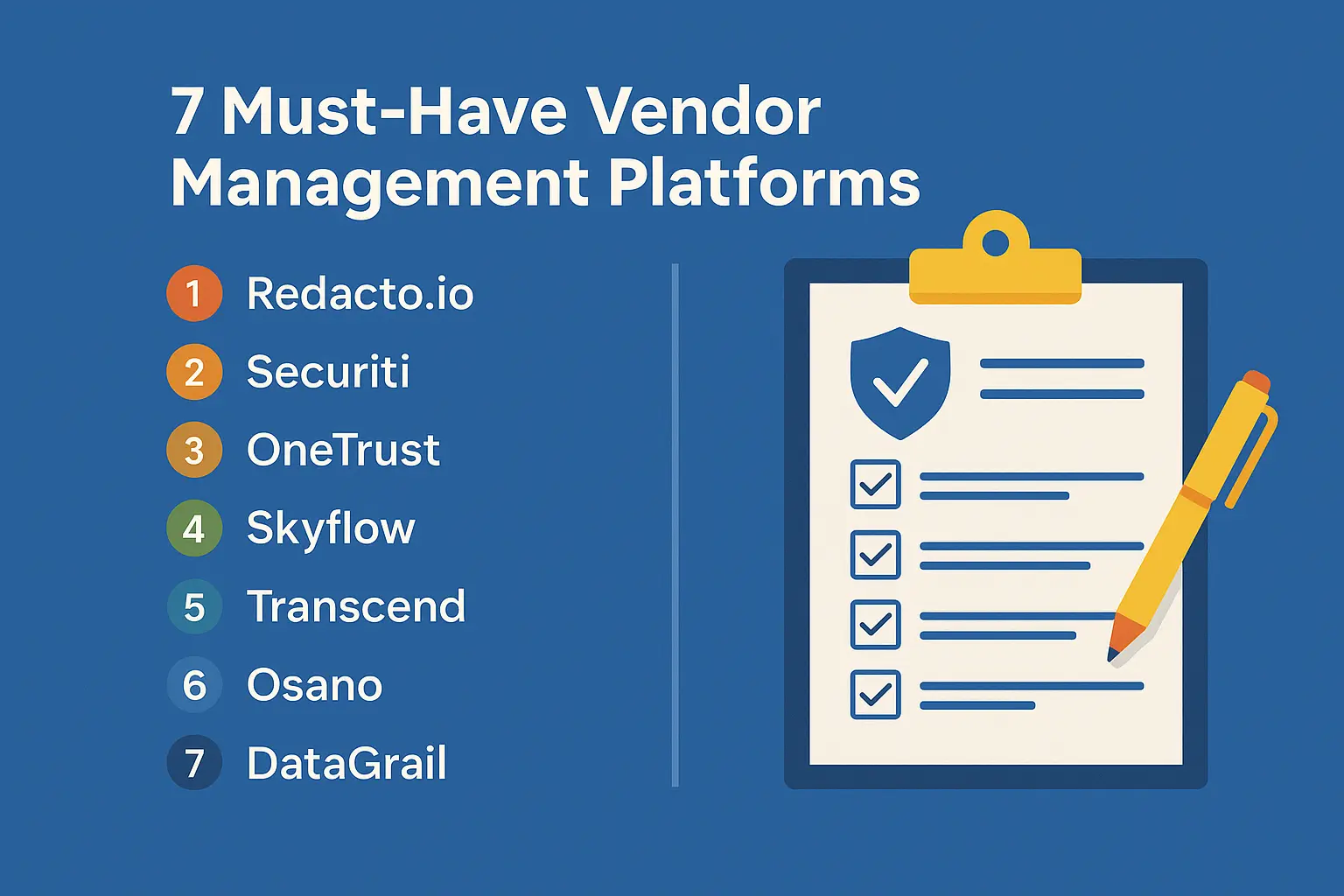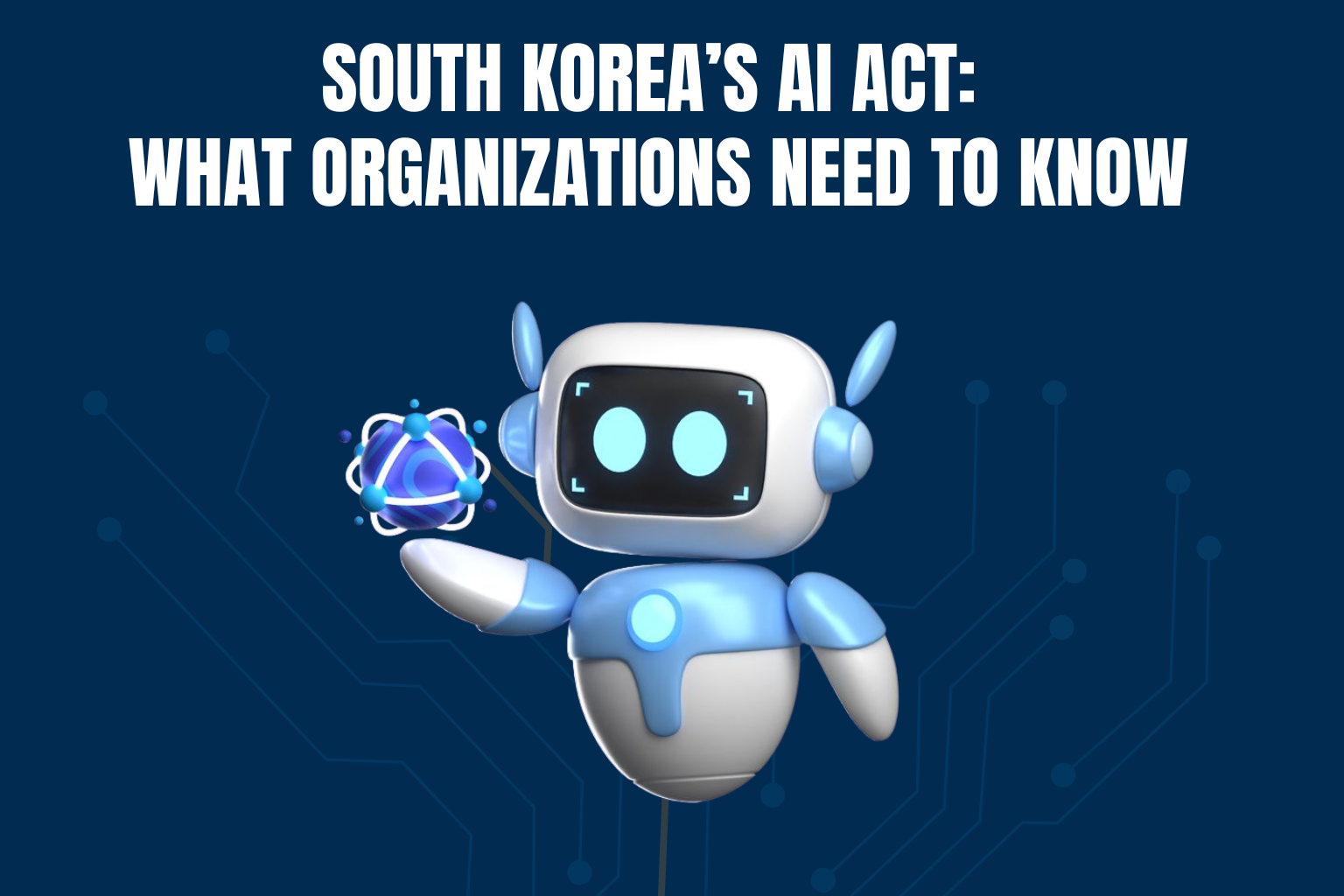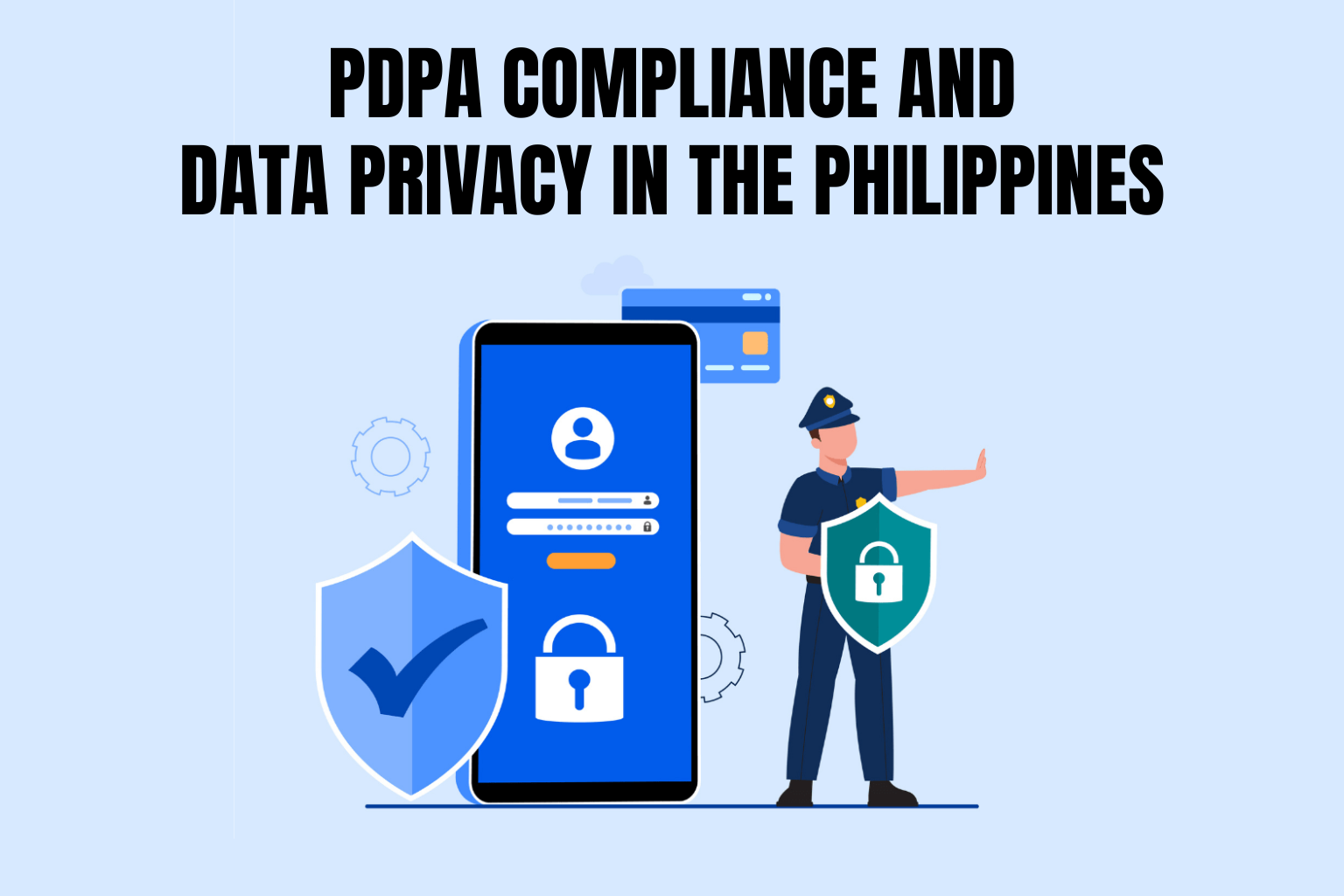
7 Must-Have Vendor Management Platforms
It can be daunting to manage vendors in the modern, busy business world. Regulations such as GDPR, DPDP, and CCPA require companies to achieve transparency, mitigate risk, and focus on sensitive data protection. Performance, compliance, and third-party data flows are already a challenge to track, so it can feel overwhelming on top.
Fortunately, the current vendor management tools make these issues more manageable. They streamline the risk assessment, controlling compliance, and centralizing the vital processes. As a BFSI giant or a SaaS-powered organization, the correct vendor management applications can be the key to success.
Redacto is one notable exception: a modular solution that provides services such as vendor risk management, data discovery, and many others, customized to compliance-intensive industries.
We listed the best vendor management tools to enable you to achieve compliance and develop robust relationships with your vendors.
1. Redacto.io
Redacto is vendor management software that is modular and automates compliance in regulated sectors such as BFSI and HealthTech. It addresses vendor risk management through dynamic scoring done on risks, and data flows are tracked so that they comply with legislation such as GDPR, DPDP, and HIPAA.
This tool converts privacy to be a competitive differentiator and provides scalable audit and vendor management solutions. Businesses adopt it to establish loyalty and simplify processes without complexity.
Features:
- AI-based vendor risk scoring and monitoring.
- Compliance tracking to adhere to GDPR and DPDP.
- Real-time data flow visualization.
- Integration with consent management workflows.
2. Securiti
Securiti offers automated vendor risk management and data discovery tools based on AI, which businesses can use to handle multinational compliance requirements. It automates its consent process and risk assessment to assist with some regulations, such as GDPR and CCPA, in the tech and finance fields.
Businesses use it to achieve seamless integration and effective privacy operation without risks in complex situations. This is what makes it suitable for organizations that prefer unified control of data.
Features:
- Automated consent management tools.
- Advanced systems for cross-regulation compliance.
- Multi-platform integration for risk insights.
- Real-time vendor audits and alerts.
3. OneTrust
OneTrust offers vendor management solutions on an enterprise level that have good governance and privacy capabilities. It does exceptionally well in privacy impact assessments and tracking the vendors, so that it allows compliance in GDPR and CCPA in numerous jurisdictions.
It is utilized in large organizations to manage the lifecycle and audit readiness. This is a tool that makes complex compliance easy to structured businesses across the world.
Features:
- Comprehensive privacy impact assessment tools.
- Centralized system for vendor documentation.
- Multi-jurisdiction audit management.
- Extensive governance for SaaS compliance.
4. Skyflow
Skyflow specializes in encrypted and tokenized data protection and targets such data-moving industries as fintech and healthcare. It guarantees GDPR, DPDP, and HIPAA compliance since confidential data will be locked during communication with the vendor.
Companies find it convenient to incorporate it to thwart breaches and ensure compliance with regulations. Such a vault-like method protects reputation and data streams.
Features:
- Industry-leading encryption and tokenization.
- Seamless integration into existing applications.
- Strong compliance with data-heavy regulations.
- Flexible security vault for sensitive data.
5. Transcend
Transcend automates consent interfaces, as well as data subject requests, as a component of its vendor management applications. It facilitates the GDPR compliance and CCPA compliance of companies focusing on the user, such as tech and online services.
Businesses enjoy its effective management of data rights, preferences. This instrument simplifies the way privacy is managed with the least amount of inconvenience.
Features:
- Consent management across multiple channels.
- Automated workflows for DSAR processing.
- Real-time user preference tracking.
- Multi-jurisdictional compliance alignment.
6. Osano
Osano simplifies online privacy by offering automated cookie consent and data mapping to digital businesses. It has no problem meeting GDPR and CCPA and suits e-commerce and marketing requirements.
It is used by companies to have transparent data collection procedures. This makes the compromise of privacy on the web quite easy.
Features:
- Plug-and-play cookie policy solutions.
- Automated data policy update tracking.
- Simplified consent logs for audits.
- Easy integration into digital platforms.
7. DataGrail
DataGrail is a SaaS firm that automates the processing of privacy requests and risk analysis to SaaS and technology businesses. It is data flow mapping to be in compliance with GDPR, CCPA, and HIPAA, improving vendor management.
This tool also offers you the visibility of complex systems, which makes it easy to comply. Companies are selecting it when they need privacy on a scale.
Features:
- Advanced vendor risk scoring mechanisms.
- Mapping data flows across multiple systems.
- Automated responses for data privacy requests.
- Scalable privacy solutions for SaaS companies.
Conclusion
Choosing the right vendor management tools can transform compliance challenges into opportunities for growth. From automating vendor risk management under GDPR and DPDP to building trust, tools like Redacto stand out for their scalability. Invest wisely to streamline operations, reduce risks, and ensure regulatory success in your business.
FAQs
1. What are vendor management tools?
Vendor management tools are software solutions that help businesses track, assess, and manage third-party vendors. They automate risk scoring, compliance with laws like GDPR and DPDP, and performance monitoring to ensure smooth operations and reduce privacy risks.
2. Why is vendor risk management important?
Vendor risk management identifies and mitigates threats from third-party partners, preventing data breaches and non-compliance. It ensures adherence to regulations like GDPR, CCPA, and DPDP, protecting your business reputation and avoiding costly fines in regulated industries.
3. How do these tools help with GDPR compliance?
These tools automate data mapping, consent tracking, and risk assessments to meet GDPR requirements. They provide audit trails and real-time monitoring, helping businesses like those using Redacto.io avoid penalties and maintain transparent vendor relationships.
4. What should I look for in supplier risk management software?
Focus on AI-driven features, scalability, and integration with existing systems. Ensure it supports global laws like DPDP and HIPAA, offers real-time alerts, and simplifies vendor onboarding for efficient risk reduction.
5. Can vendor management solutions scale for small businesses?
Yes, modular platforms like Redacto.io offer flexible pricing and features that grow with your needs. They handle basic compliance for startups while scaling to enterprise-level vendor oversight without overwhelming costs.




%20Redacto%20logo_New.png)





.jpg)

